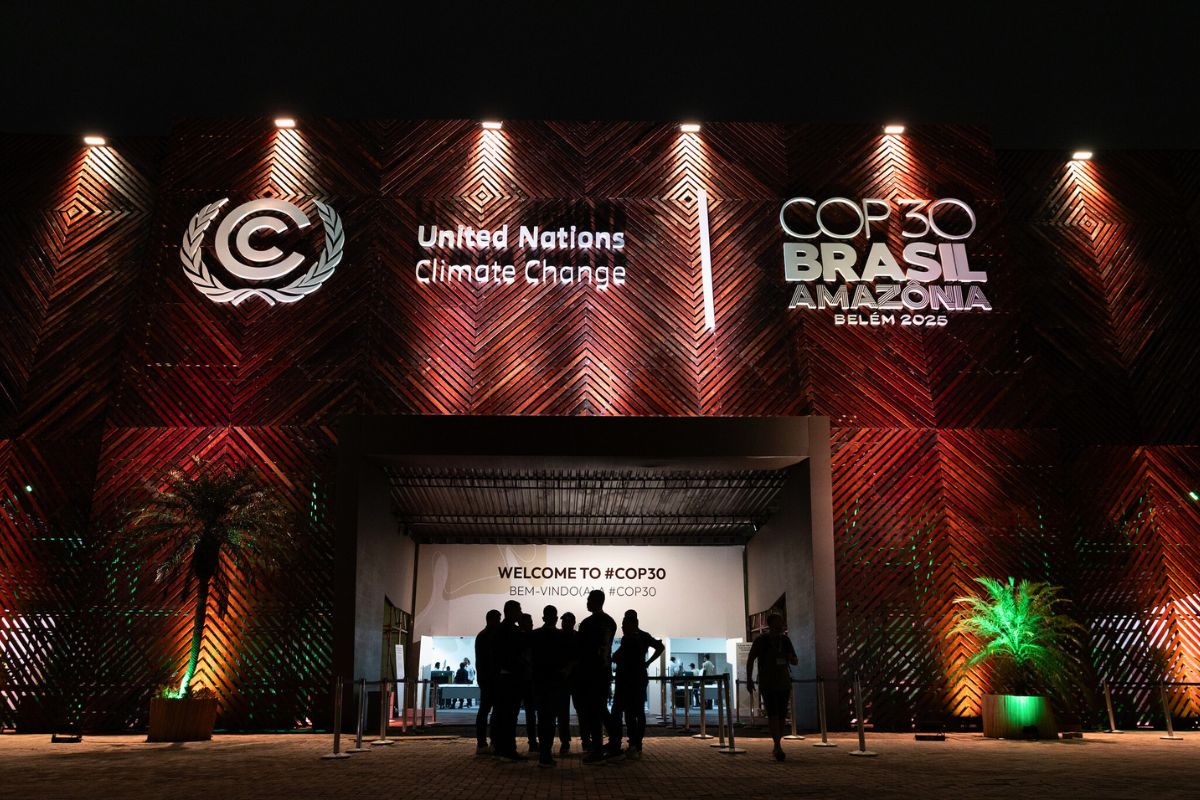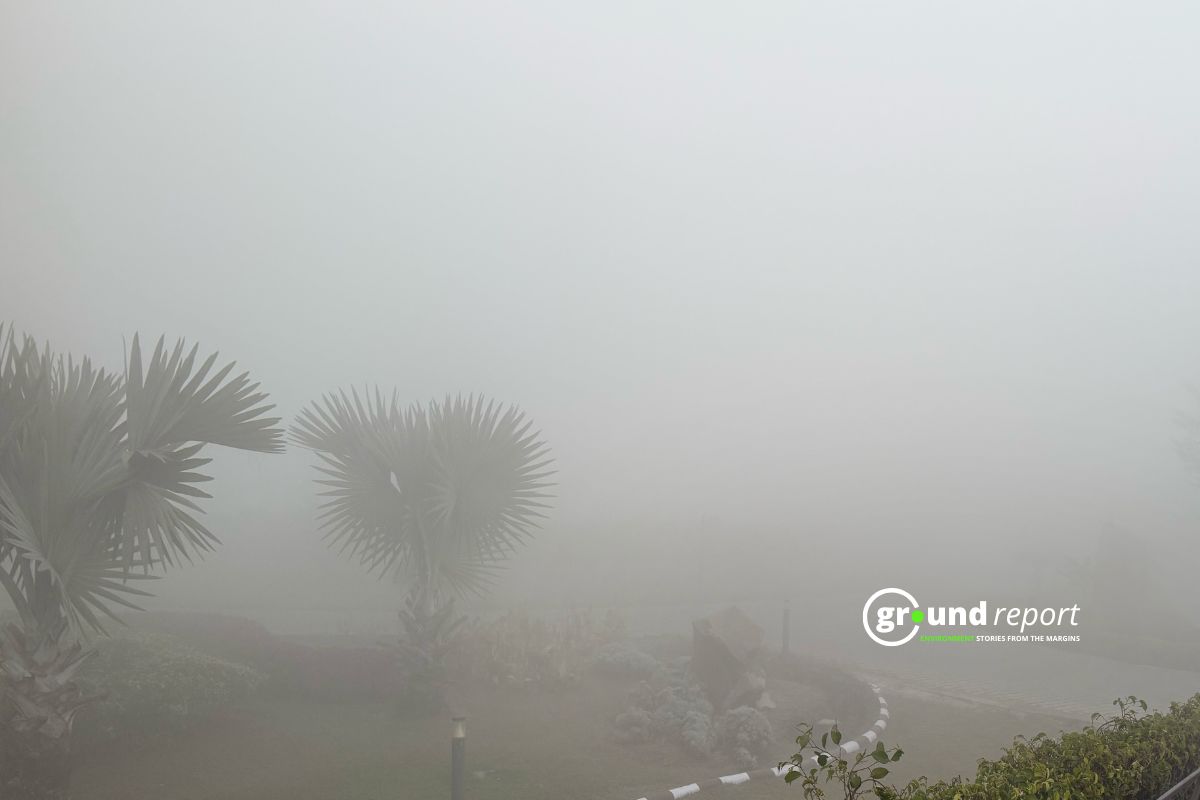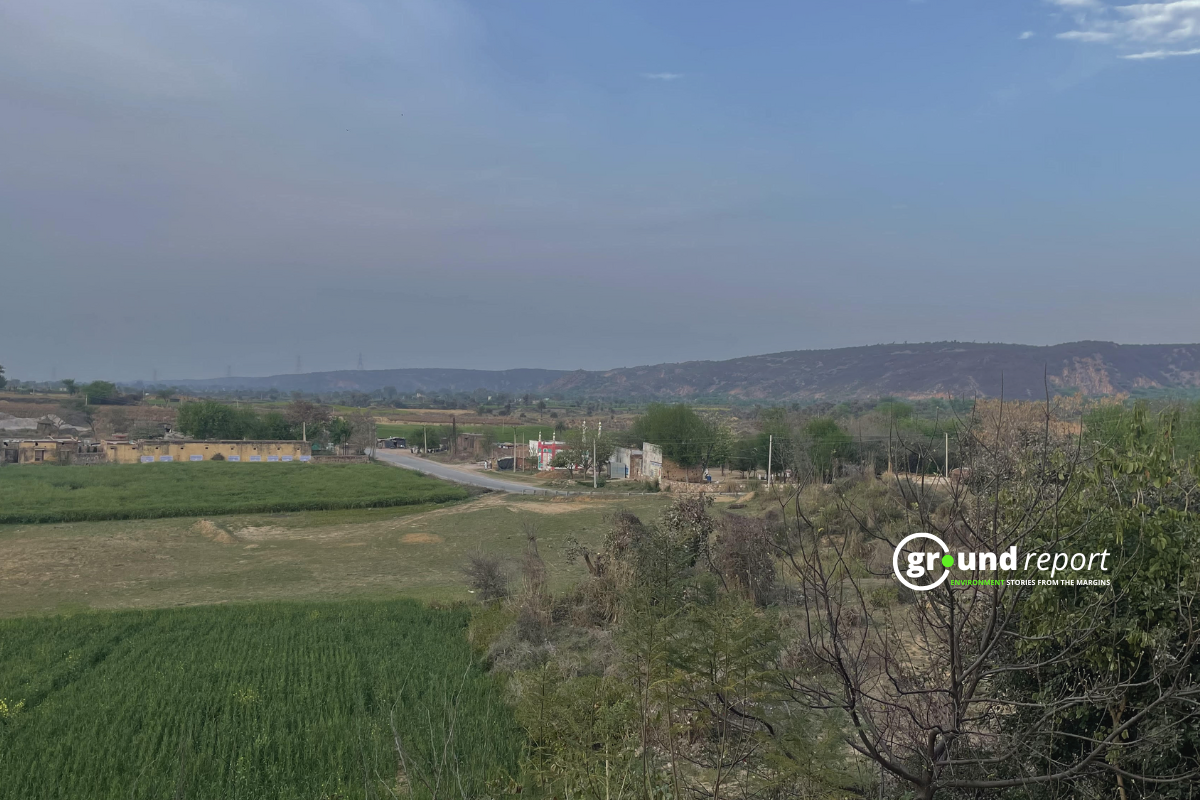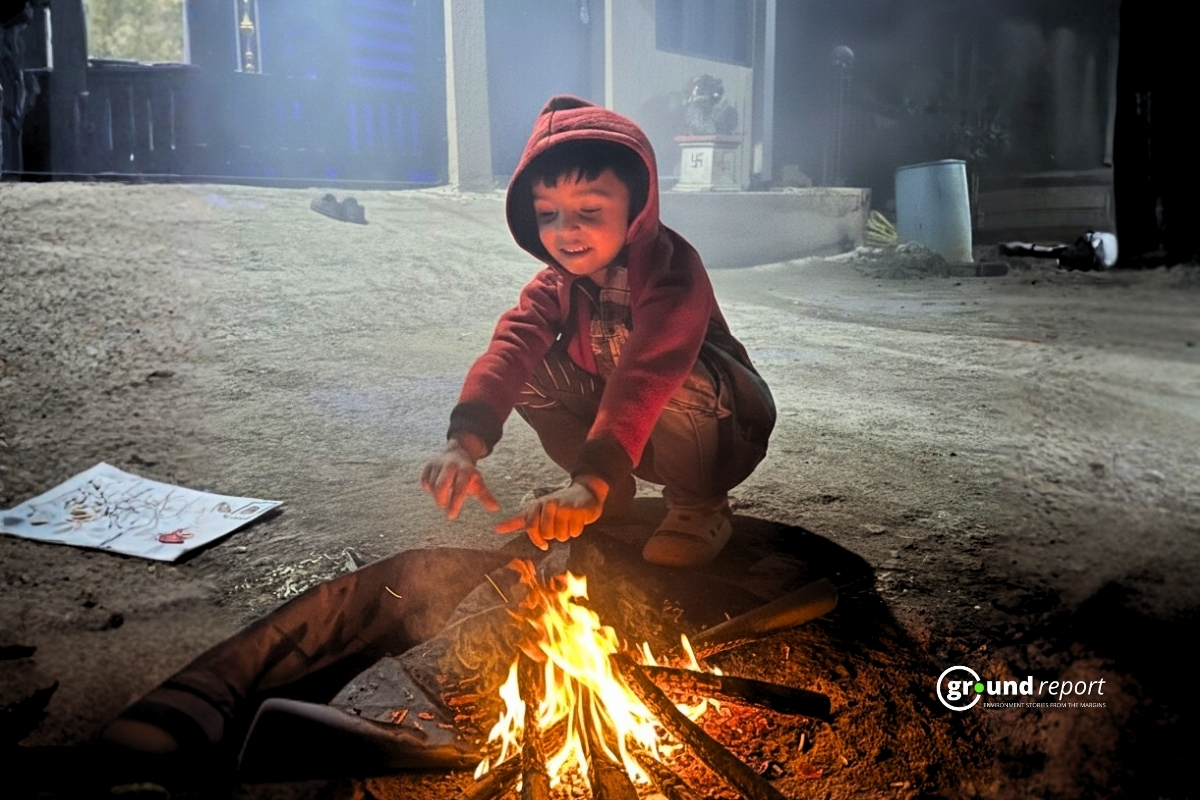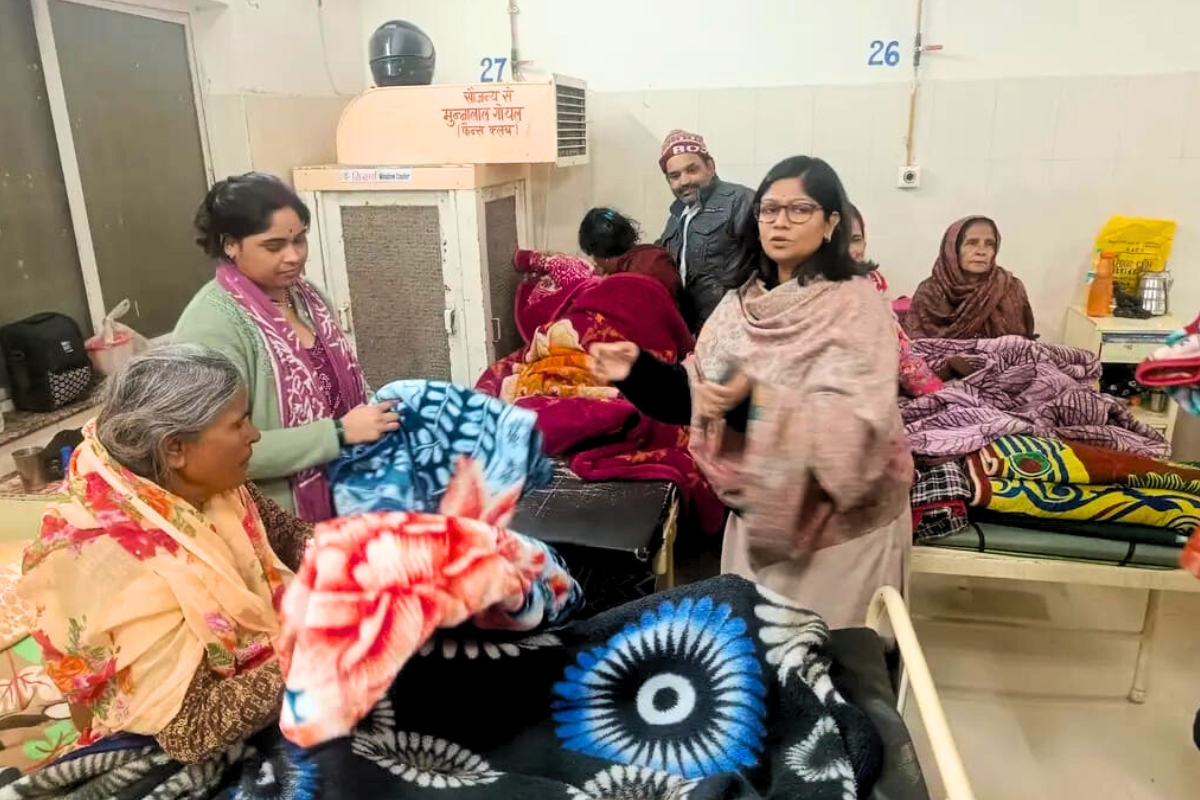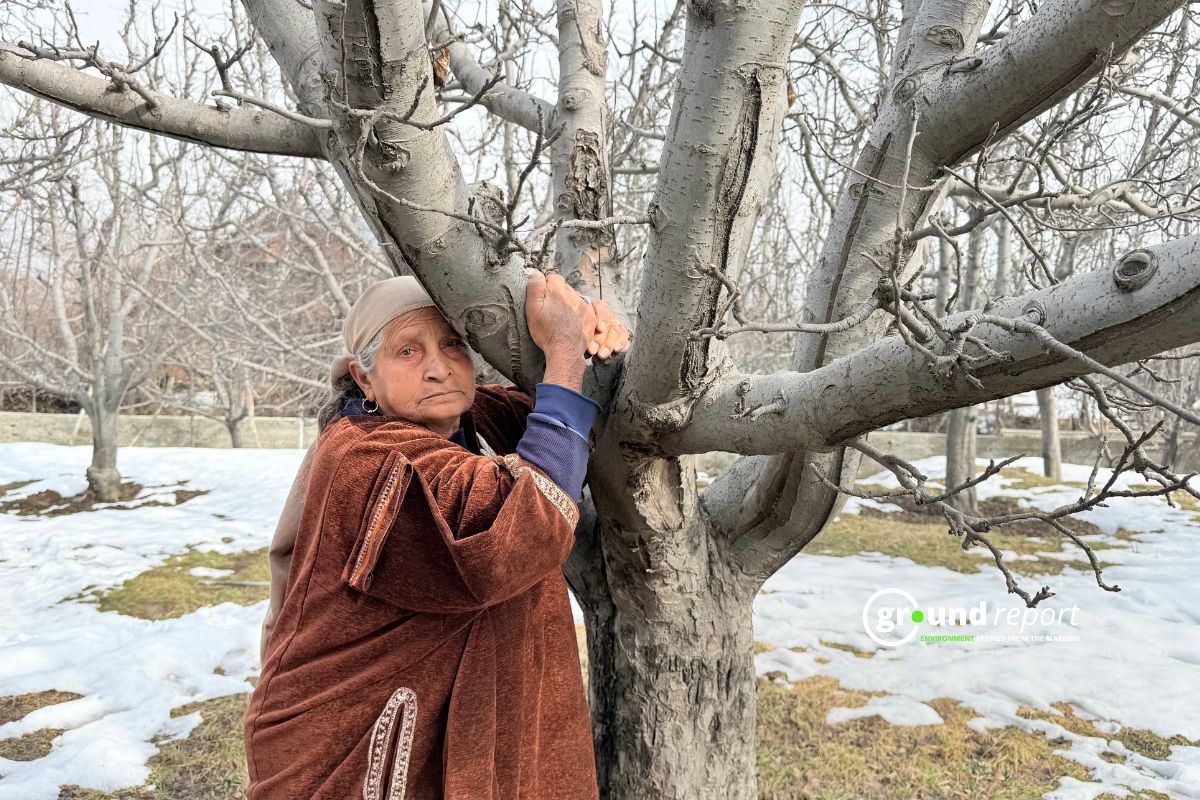Brazil delayed critical climate negotiations until Saturday as indigenous protesters forced their way into the UN conference center in Belém, bringing day three of COP30 to a tense standstill.
The Brazilian presidency postponed discussions on four contentious issues: finance from wealthy nations, trade measures, boosting emissions targets to limit warming to 1.5 degrees Celsius, and transparency of national climate data. COP30 president André Correa do Lago said countries need more time to reach agreement.
“This is a very complex process,” said Tulio Andrade, COP30 director of strategy. “On Sunday, when we were finalizing the agenda consultations, we had parties very far from one another. What we’re seeing is a movement where they’re getting closer.”
The delay comes after seven hours of consultations between countries that Brazilian officials described as constructive. But a plenary session lasting less than ten minutes revealed the talks remain deadlocked. The next stocktaking plenary is scheduled for Saturday.
Finance & Ambition Tied Together
EU negotiator Jacob Werksman said the challenge at this COP is that while science demands faster emissions cuts, there is no particular agenda item to address the gap in current climate plans. The EU wants a dedicated agenda item for this issue.
India left last year’s COP29 angry when a new $300 billion finance goal was agreed without their support. A delegate told Climate Home News that India would only discuss more ambitious national climate plans if finance is tackled first. Andrade said India is very engaged and presenting collaborative solutions.
The EU has implemented its own carbon border tax but is prepared to talk about trade only without prejudice. European negotiators said they do not want disputes that belong in the World Trade Organization to be discussed at COP.
One observer with access to behind-closed-door negotiations called the postponement until Saturday a bit alarming and said it could delay work. It remains unclear whether the proposed initiatives would be discussed in a cover decision or in established negotiating tracks.
Werksman said agreeing on a cover decision could get tricky because the four proposed agenda items do not mention adaptation, loss and damage, or any of the other issues that tend to make a balanced package.
Key issues, positions and status
| Issue | Proponents | Main opponents | Status at end of Day 3 |
|---|---|---|---|
| Finance from rich countries | G77, LDCs, many developing states | Some developed countries | Set aside; under consultations; stocktake Saturday |
| Unilateral trade measures | China, some emerging economies | EU (wants WTO handling) | Set aside; contentious |
| Emissions ambition (1.5C gap) | EU, climate groups | Countries seeking finance first (eg. India) | Set aside; EU seeks agenda slot |
| Transparency of national data | Many parties, transparency advocates | Parties cautious about obligations | Set aside; under review |
| Fossil fuel roadmap | President Lula, Colombia (supporters) | Brazil presidency (not on agenda), oil producers | Not a formal agenda item; proposals exist |
| Just transition mechanism | G77 and China | Norway, UK, some developed states | Proposed; debate on duplication and cost |
| Minerals in JTWP | UK, Australia, EU, some developing states | Concerns about local impacts if not managed | Gained textual support; under negotiation |
| Adaptation finance target ($120bn) | LDCs, many developing states | Some developed states | Proposal with positive signals; resisted by some developed states |
Developing Nations Push for Just Transition Mechanism
A group of 134 developing countries known as the G77 and China called for the creation of a just transition mechanism to ensure the shift from fossil fuels to clean energy is fair to workers, protects nature, and fosters social justice beyond COP30. The G77 and China constitute the largest negotiation block in the UN climate talks.
The group said the mechanism could include technical assistance, promote international cooperation, and foster new partnerships to help countries accelerate the move away from coal, oil, and gas. COP30 could agree to develop a mechanism in 2026 for adoption at COP31 next year.
Anabella Rosemberg, a senior advisor on just transition at Climate Action Network, described the move as a breakthrough. Campaigners argue that such a framework would help bring coherence to a fragmented landscape of just transition initiatives.
Some developed countries, including Norway and the UK, have opposed creating another institution in the UN climate architecture. They argue that such efforts take time and money, which are in short supply. The European Union, Australia, and Switzerland also argued that creating a new mechanism would duplicate existing arrangements.
“Every single party is saying that just transition is critical, but they cannot just say that and then do nothing about it,” Rosemberg said.
Mineral Supply Chains Enter Negotiations
The UK proposed language on the importance of fair, transparent, traceable, and environmentally sustainable mineral supply chains for the energy transition. The UK noted the need for community consultation and local value addition, where minerals are processed near where they are mined.
The proposal was backed by Australia and the European Union, making it the first time developed countries have shown formal support for including minerals in the negotiations. Burkina Faso, Uganda, and South Africa echoed their support for including minerals in the text.
Lula told leaders gathered in Belém last week that it is impossible to discuss the energy transition without talking about critical minerals essential to make batteries, solar panels, and energy systems.
Protesters Clash With Security Guards
About 9pm on Tuesday night, a group of protesters clashed with security guards as they attempted to force their way into the COP30 conference center. Videos captured dozens of mostly indigenous demonstrators pushing through the main entrance, rushing past metal detectors, and demanding entry to the area where climate negotiators were meeting.
As UN security guards scrambled to stop them, scuffles broke out before the protesters were forcibly removed. A UN climate spokesperson said two security guards suffered minor injuries, and there was minor damage to the venue. One guard with a small cut told Reuters he was hit by a thrown drumstick.
Some protesters carried signs saying our forest is not for sale or demanding a halt to oil drilling in the Amazon rainforest.
“We can’t eat money,” Nato, an indigenous leader from the Tupinamba community, told Reuters. “We want our lands free from agribusiness, oil exploration, illegal miners and illegal loggers.”
Brazil has underlined the importance of ensuring indigenous communities have a voice in this year’s climate negotiations. There has been a record turnout of indigenous groups in Belém. But according to InfoAmazonia, indigenous people are frustrated that more did not receive accreditation for the COP30 venue. Their analysis suggests 360 received accreditation. That is more than any previous COP but only a small fraction of the 56,000 people registered to attend.
Indigenous Flotilla Demands Action
More than 200 boats carrying around 5,000 people from 60 countries sailed down Belém’s Guajará Bay on Wednesday morning. The flotilla was led by indigenous peoples and civil society groups denouncing false climate solutions.
One of the main boats was named Caravan of the Response and had been sailing for a week, starting 3,000 kilometers inland in Sinop, Mato Grosso. The boat displayed a banner that read agribusiness does not fill your plate, denouncing that agribusiness focuses on export production without supplying local communities.
The flotilla stopped at Vila da Barca, an indigenous community on stilts along the banks of the bay that received sewage and debris from one of the COP30 construction projects.
After returning to port, the event ended with a press conference led by Chief Raoni Metuktire, an indigenous leader who was recently awarded the highest decoration of Brazilian diplomacy by Lula for his decades of climate activism.
Support us to keep independent environmental journalism alive in India.
Keep Reading
Elephants Are Back in MP After a Century, But Can They Stay?
Solar Energy – A Paradigm Shift in Wildlife Conservation
Stay connected with Ground Report for underreported environmental stories.
